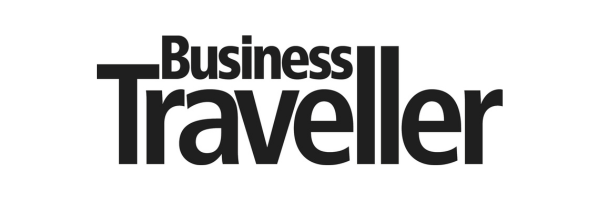6 common NDC myths busted
)
Developed by the International Air Transport Association, NDC increases fare transparency by providing a clear breakdown of costs and access to richer content. NDC air fares mean travel management companies (TMCs) work directly with airlines to offer more personalised and dynamic pricing.
We ask Reed & Mackay Senior Director, Air Partnerships EMEA Richard Lindsay and Global Fares Specialist Jo Shilling how those common NDC myths can be busted.
Myth 1 – NDC leads to higher ticket prices
This is the most common misconception of NDC and the complete opposite is true. NDC allows fares to be tailored for a specific customer. This creates more price points, which ultimately leads to lower fares.
NDC enables airlines to offer a broader range of fare options, plenty of rich content, which leads to better value for travellers. So far, we haven’t seen increased prices via NDC through our portal. Additionally, we support airlines to develop their systems and ensure they are fit for purpose to service our customers.
Myth 2 – NDC negatively affects loyalty programmes
NDC gives airlines more scope to offer unique value adds for travellers and complements airline loyalty programmes. As such, travellers will continue to earn both personal and company loyalty points through NDC in the same manner as they would through bookings made in other channels.
Myth 3 – NDC compromises data security
There is no additional risk to data security with bookings made through NDC than through other channels. NDC provides a platform for information exchange between customers and airlines during the booking process. Airlines can monitor specific customer bookings and view their travel preferences. Additionally, this direct communication limits third-party involvement and reduces the risk of data breaches.
Reed & Mackay’s proprietary travel technology securely stores traveller information and not on any third-party systems. Airlines only receive travellers’ personal information with confirmation of booking.
Myth 4 – NDC negatively impacts the corporate booking approval processes
Bookings made through NDC are treated as instant purchases, meaning payment is taken once a seat is booked. This provides airlines with more control over demand. The current shorter-hold periods can be an issue for corporate bookings due to them requiring approval.
Furthermore, NDC presents business travellers with more fare options, making it easier for travellers to comply with their company travel policy. While the current process is not optimal for corporate bookings, it is still evolving. We are working closely with airlines to develop a more suitable process.
Myth 5 – NDC bookings are not compatible with third-party risk providers
Many of our clients partner with third-party risk management providers to support their employees while they are travelling. They provide updates and alerts about disruptions, which can impact travellers, including travel strikes and serve weather warnings.
Historically, corporations have needed a Global Distribution System (GDS) booking confirmation code for their risk management provider to support them. However, with the rollout of NDC, we have seen most risk management companies evolve their systems to accept NDC bookings.
Myth 6 – NDC fare options create unnecessary confusion
NDC allows airlines to create new fare options that can be challenging to interpret. For example, these can include adding bags or green fares, which some airlines now offer. Because of this, airlines have more control over seat allocation and traveller loading. In addition, real-time updates on remaining seats allows airlines to use seat scarcity to make travellers more decisive.
Continuous pricing is the USP of NDC for travellers and airlines. It allows them to reduce the frequency of price jumps between individual fares in the same class of travel. This leads to lower prices and a better shopping experience for travellers and allows airlines to ensure more seat bookings.
Client experience of NDC
TMCs are skilled at understanding NDC fares and can support travel managers and bookers with the process.
Reed & Mackay client Abrdn Travel Control Manager, Finance, Susan Boggan shares her experience with NDC.
“I first heard about NDC seven years ago and had some initial concerns. My main concern was that bookings would be made directly by travellers on the airlines’ websites, resulting in a duty of care concern within our business.
“Yet Reed & Mackay has done exceptionally well in communicating the impact of NDC in simple non-industry language and has supported us throughout its wider rollout. Working closely with our TMC has contributed to confidence growing around NDC and travellers no longer have concerns surrounding it.
“My top tip is to embrace it. The more airlines share NDC updates, and the more it rolls out, the more it will be seen as a positive. Acknowledge fares are lower on websites and re-enforce with your travellers that working closely with your TMC is beneficial to securing all content.”
If you would like to discover more about how we support with NDC content, meet Reed & Mackay on stand K50 at the Business Travel Show on 19 – 20 June. Book a meeting here: https://reedmackay.com/bts-invite
Get in touch
Mail hello@reedmackay.com to discuss all your travel and event management needs.











